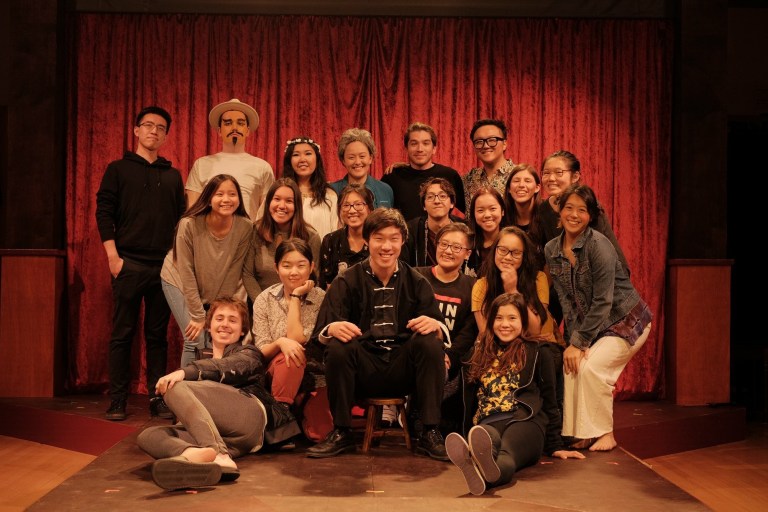Since the start of the pandemic, identity-based clubs and organizations have struggled to connect with the Stanford community, limited by digital interactions and the loss of a physical space on campus. After the past virtual year and with the possible transition to in-person activity in the fall, these groups are now looking forward to opportunities for reconnection.
Groups are anxious to resume their regular programming after a year full of challenges. The Stanford Disability Alliance (SDA) is hoping to bring back their informal “disabili-TEA” gatherings, and the Asian American Theater Project (AATP) is planning to return to their usual fall and spring play schedule.
“Transitioning back in-person, we want to bring back the events we had off-campus also, such as Arab barbecues, ice skating, and experiences to connect with students across all grades,” said Zak Doueiri ’23, co-president of the Arab Students Association.
COVID-19 has meant partial or complete pauses for many student groups. Challenges have been especially salient for identity-based clubs, as they often serve the same historically marginalized populations facing significant stress during the pandemic, making prioritizing inclusivity and member well-being even more important.
For example, digital-only interactions limited SDA’s work this past year, and the organization had to halt its event programming because Zoom meetings were not accessible to the American Sign Language (ASL) community. AATP also took a pause during COVID-19.
“AATP always cares about quality over quantity,” said AATP artistic committee member Chloe Chow ’23. “We care about the well-being of the members, so we canceled everything for fall [2020] for readjustment.”
Going forward, these organizations see in-person meetings not only as an opportunity to reimplement old initiatives but also as a time to start new projects. According to SDA member and second-year sociology Ph.D. student Cat Sanchez, the group is hoping to finally open its new community center, which has been in the works since pre-pandemic.
AATP is planning on expanding its new playwriting workshop program in order to kindle the on-campus theater community.
Some leaders of identity-based groups, like those of the Arab Students Association, think that community is more important now than ever, after a year of distance and full of significant social and political challenges.
“This past year has brought to light the conflicts in Palestine and a lot of conflicts that have persisted in the Arab world, which have gone unnoticed. This coming year, we really want to shed light on the persistent struggles and take away the stereotypes that exist for Arab folks,” Doueiri said.
